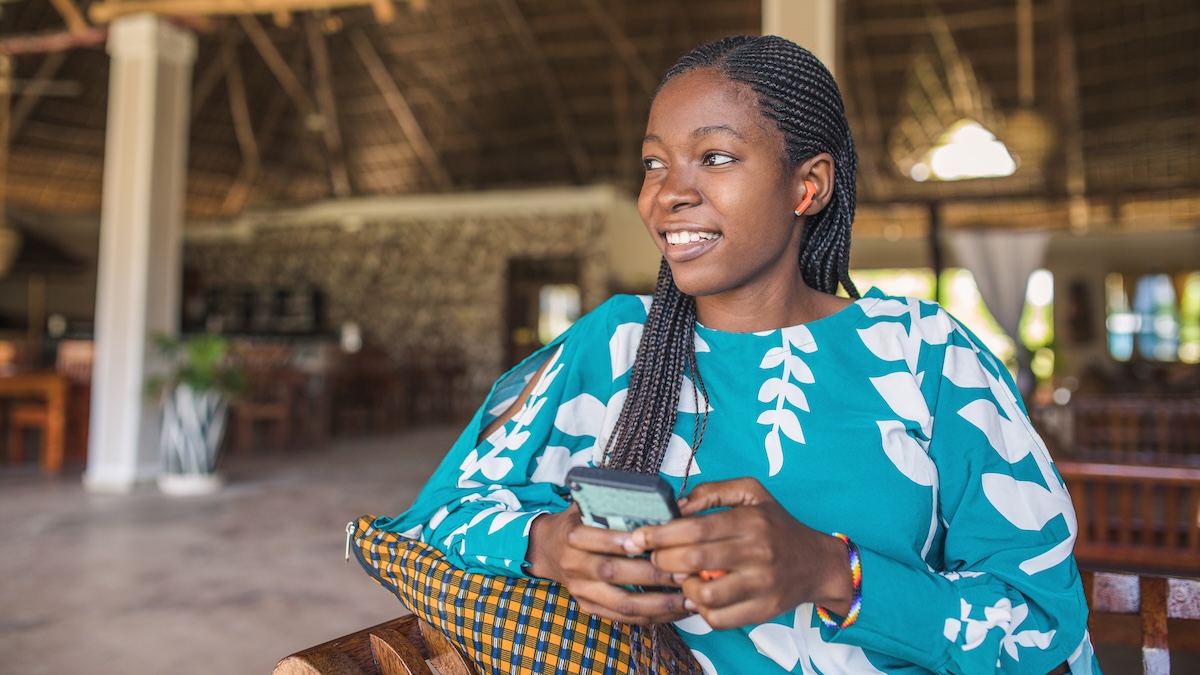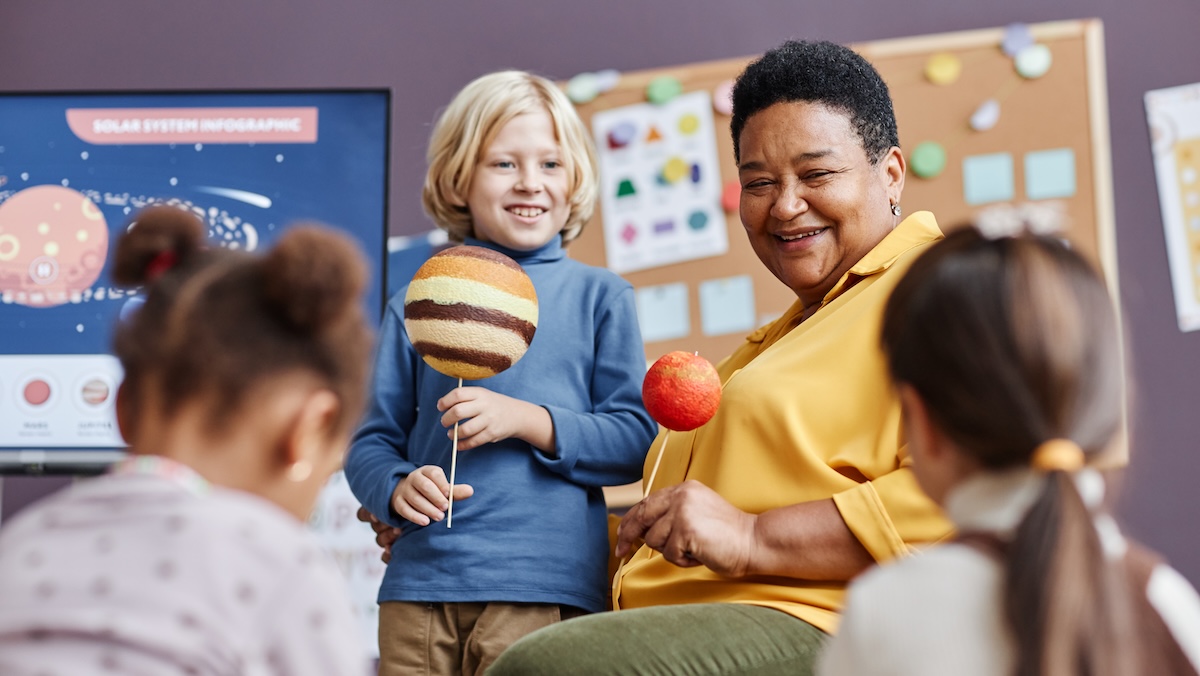
pme fundraising campaign 2025: €50,000 for charitable organizations
When pme team members present their passion projects, the result is something very special: social engagement in action. In 2025, team members from across the company once again nominated associations and initiatives that they consider particularly worthy of support and in which they are actively involved for a donation.
Five winning organizations were selected from this joint campaign, all of which are active in very different areas: from cutting-edge research into a rare genetic disease to obstetrics in Tanzania and development work in Uganda to child and youth work in Berlin and integration work for refugee families in Hamburg. pme Familienservice donated a total of Familienservice ,000.
Research into an extremely rare disease: Weaver syndrome
Part of the donation will go to Johns Hopkins School of Medicine, currently the only institution in the world conducting intensive research into Weaver syndrome—a very rare genetic defect on the EZH2 gene that has been diagnosed fewer than 100 times to date.
The support is intended to help accelerate research, improve care and quality of life for those affected, and expand knowledge about this rare disease. For the few families affected, every new discovery means more guidance, more options for action—and more hope.
Midwives 4 Tanzania e.V.: Enabling safe births
Midwives 4 Tanzania e.V. was founded by two midwives from Germany who, through their volunteer work in a hospital in Tanzania, experienced how crucial qualified obstetric care is—and how large the gaps in local training are.
Through training courses, continuing education, and practical training for medical personnel, they help reduce maternal and newborn mortality related to pregnancy, childbirth, and the postpartum period. pme's donation supports this life-saving knowledge transfer directly where it is urgently needed.
MT:28 in Uganda: Giving children a future
The organization MT:28 is committed to helping children and young people in Uganda who often grow up in extremely difficult conditions. Broken families, disease, and high mortality rates mean that many children are left to fend for themselves.
In this project, dedicated individuals work to ensure that children have a safe and loving home, access to education and healthcare, and support in their development. In this way, children who are often considered "nobodies" by society become young people with prospects and the chance to lead self-determined lives.
NUSZ Children's Farm at the UFA Factory: Nature and community in the heart of Berlin
The NUSZ children's farm at the UFA factory in Berlin-Tempelhof is an open children's and youth facility that is open seven days a week. Around 30 animals live there, which children can care for and interact with.
The activities are aimed at children aged 6 to 14, are usually free of charge, and offer plenty of space for free play, experiencing nature, and social learning. In addition to campfires, creative activities, and holiday programs, there are also project days for school classes, activities for daycare groups, and family afternoons.
Here, children find a safe space in the middle of the city where they can experience community, take on responsibility, and simply be children.
Feine Ukraine e.V.: Integration with heart – children's club in Hamburg
The association "Feine Ukraine" e.V. supports Ukrainian refugees in many aspects of their arrival: from accompanying them to government offices and helping them find housing to offering educational, cultural, and sports programs. Its permanent offerings include a social counseling center, a sports club, an educational center, a veterans' project, a Ukrainian library, and psychological groups.
At the children's club in Hamburg, Ukrainian children find a safe place where they can play, learn, and socialize. They experience language, culture, and community in a protected environment—and their families get some relief from their often challenging everyday lives.
Social commitment of the pme Familienservice
The "pme donates" fundraising campaign has been running for five years, giving pme team members the opportunity to nominate charitable organizations in the fields of "international development aid," "social work," "climate and animal protection," and "culture" for a donation that they actively support. All team members then vote on the organizations they want to support. The organizations with the most votes receive a donation from pme Familienservice.
In 2025, five national and international organizations received a total of €50,000 in donations—a joint demonstration that social engagement is an integral part of pme's corporate culture.




